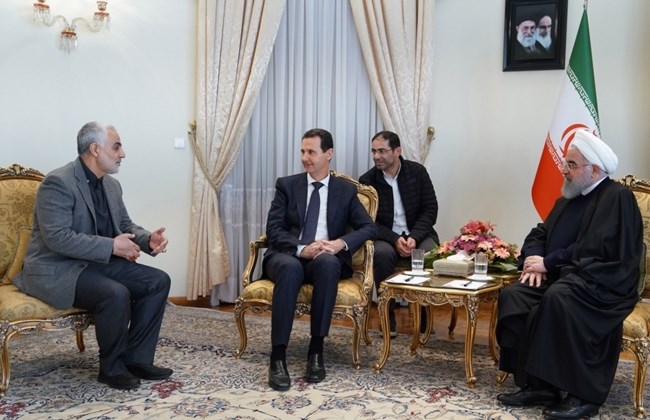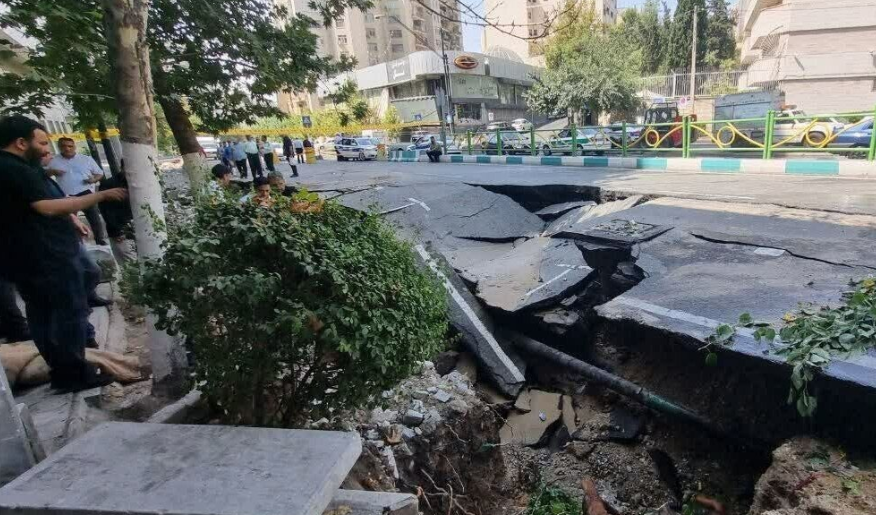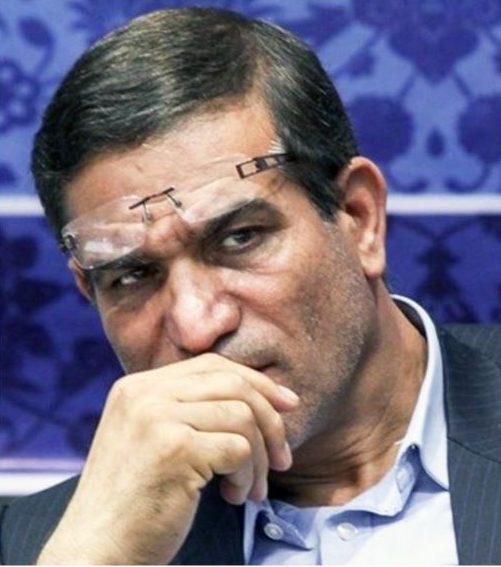April 19, 2019

News reports say Iran has gotten Syria to allow it to open a military base on Syria’s Mediterranean coast, despite Russian opposition—but Majlis Speaker Ali Larijani denies there is any military purpose, saying it is nothing but a commercial docking area.
Exactly what Iran has gotten from Syria remains to be seen, but it appears most likely that Iran has won a permanent docking facility that it can use for commercial ships or for its naval vessels when they sail into the Mediterranean—which to date has only happened twice in two years.
Asian Times was the first news outlet to report on the site. It said Syria was leasing parts of the port in Latakia to Iran starting next October. The Asian Times report said, “The Latakia port agreement gives the Islamic Republic the right to use a Syrian harbor with 23 warehouses for economic purposes only, but once in control of the premises, nothing prevents them from transforming it into a military facility.”
In an interview with Qatar’s Al Jazeera news channel, Larijani denied there would be any Iranian military base in Syria and added, “We have no intention to stay in Syria.” He didn’t say why Iran would want to lease a commercial port in Syria.
The Asian Times also didn’t say why Iran would want a naval base in Syria. But many in the Middle East pointed out this would bring Iran much closer to Israel. Latakia is about 400 kilometers (250 miles) north of Tel Aviv.
However, others said that renting a small base just provided a neat target for Israeli attacks. Militarily, one military specialist told the Iran Times, it would make more sense for Iran to use one dock on one visit and then another the next time than having everything in one confined space.
Dr. Yossi Mansharof, an Iran and Shi’ite militia specialist at the Jerusalem Institute for Strategy and Security and the Ezri Center at Haifa University, told The Jerusalem Post that Tehran put heavy pressure on Damascus to let it rent the port area despite repeated rejections by the Assad regime following Russian objections.
“Khamenehi invited Assad to Tehran [several weeks ago] and together with [Qods Force commander Qasem] Soleymani they directly talked with Assad in order to bypass the Russian objection,” Mansharof said. “Russia is keen to prevent a war between Iran and Israel and I think that the current situation, where Israel conducts systematic attacks on Iranian infrastructure across Syria, serves the Russian interest.”
According to Mansharof, the rivalry between Tehran and Moscow is becoming “more visible” in post-war Syria.
“Iran’s Deputy Foreign Minister [Hossain] Ansari recently declared that ‘Russia has never stood by Iran regarding Israel. Tehran and Moscow for now have shared interests in Syria, but if the issue of Israel comes between them, they will part ways.’ This is an important declaration,” Man-sharof said.
Israeli officials have repeatedly voiced concerns over Iran’s entrenchment in Syria and the shipment of sophisticated weaponry to Hezbollah from Tehran to Lebanon via Syria, stressing that both are red lines for the Jewish State.
In February, Israel’s Channel 12 reported that Iran was operating a precision missile factory built on the outskirts of Latakia near the Russian Khmeimim Air Force Base with the help of the Syrian government and Hezbollah.
In an effort to prevent sophisticated weaponry from reaching Hezbollah, Israel frequently carries out airstrikes against Iran storage sites in Syria. In January, Prime Minister Binyamin Netanyahu said that Israel has a set policy of preventing Iran’s entrenchment in Syria.
“We have a permanent policy to harm Iran’s establishment in Syria and to harm anyone who tries to harm us…. This policy is permanent,” he said.
























